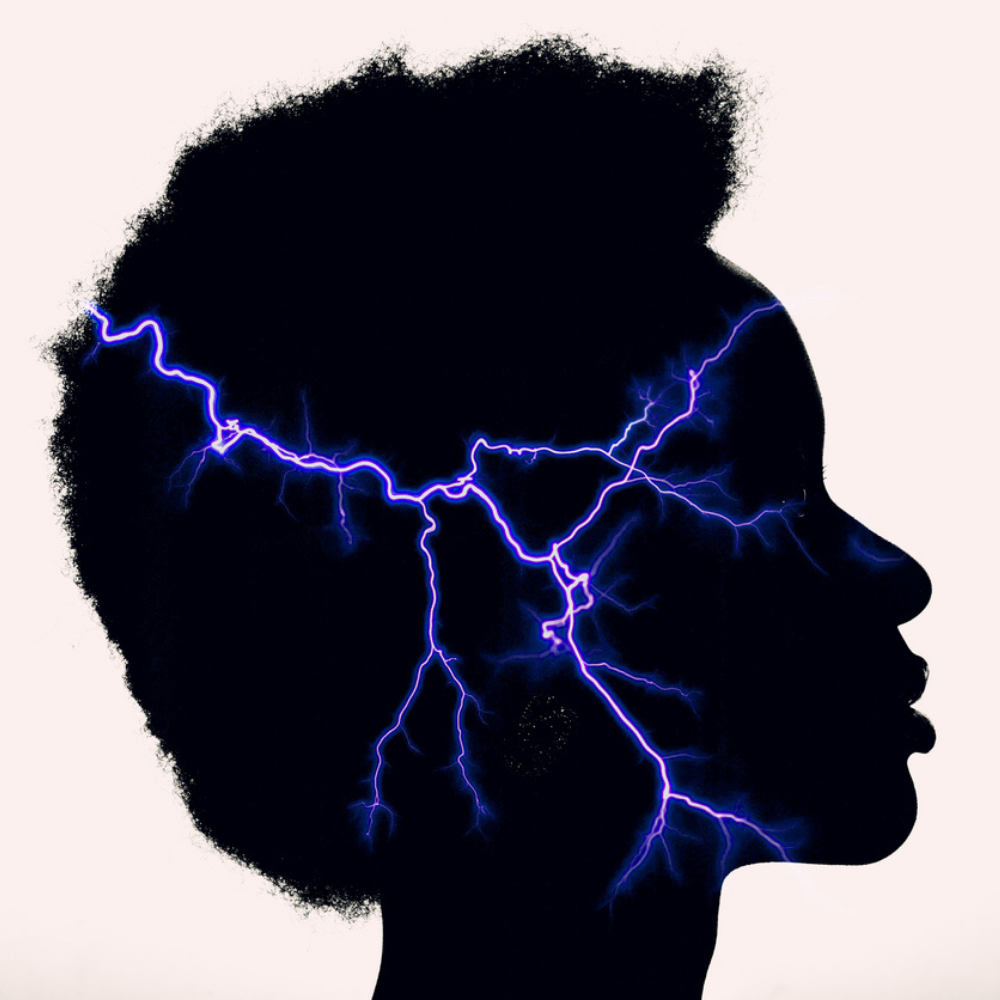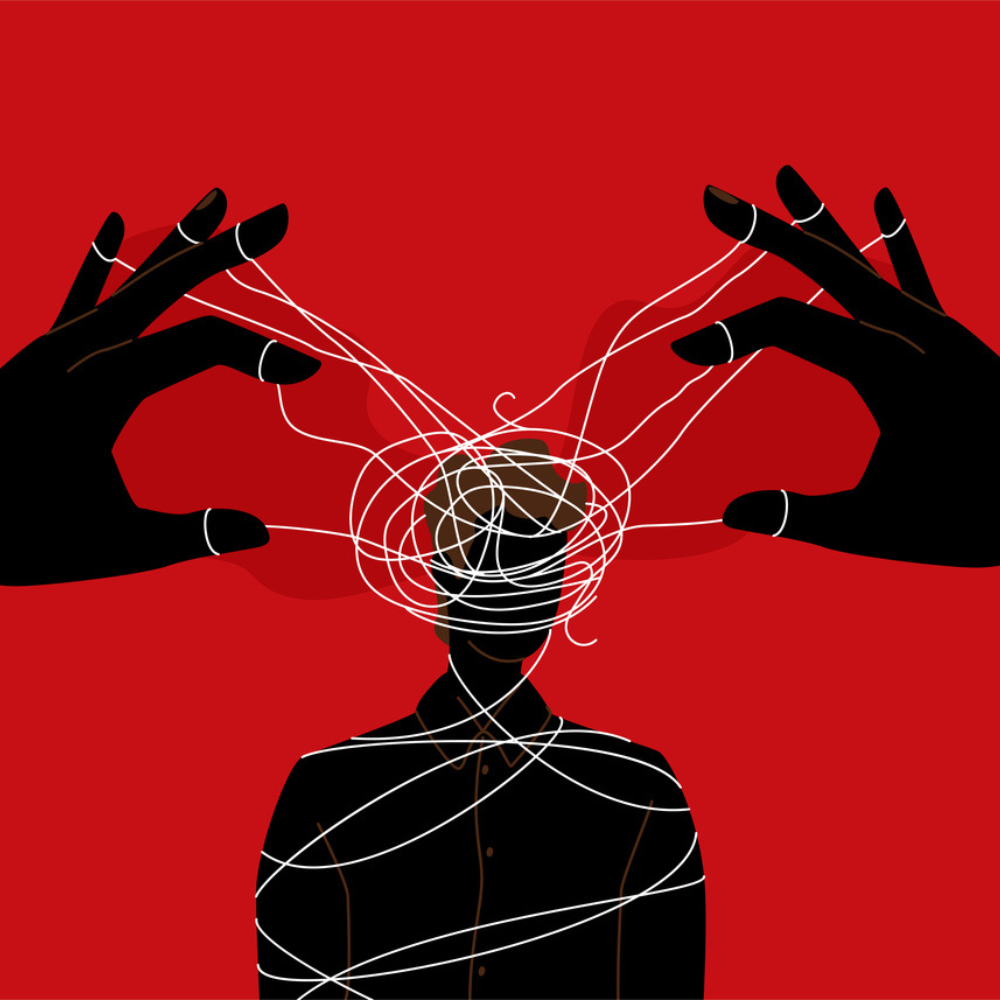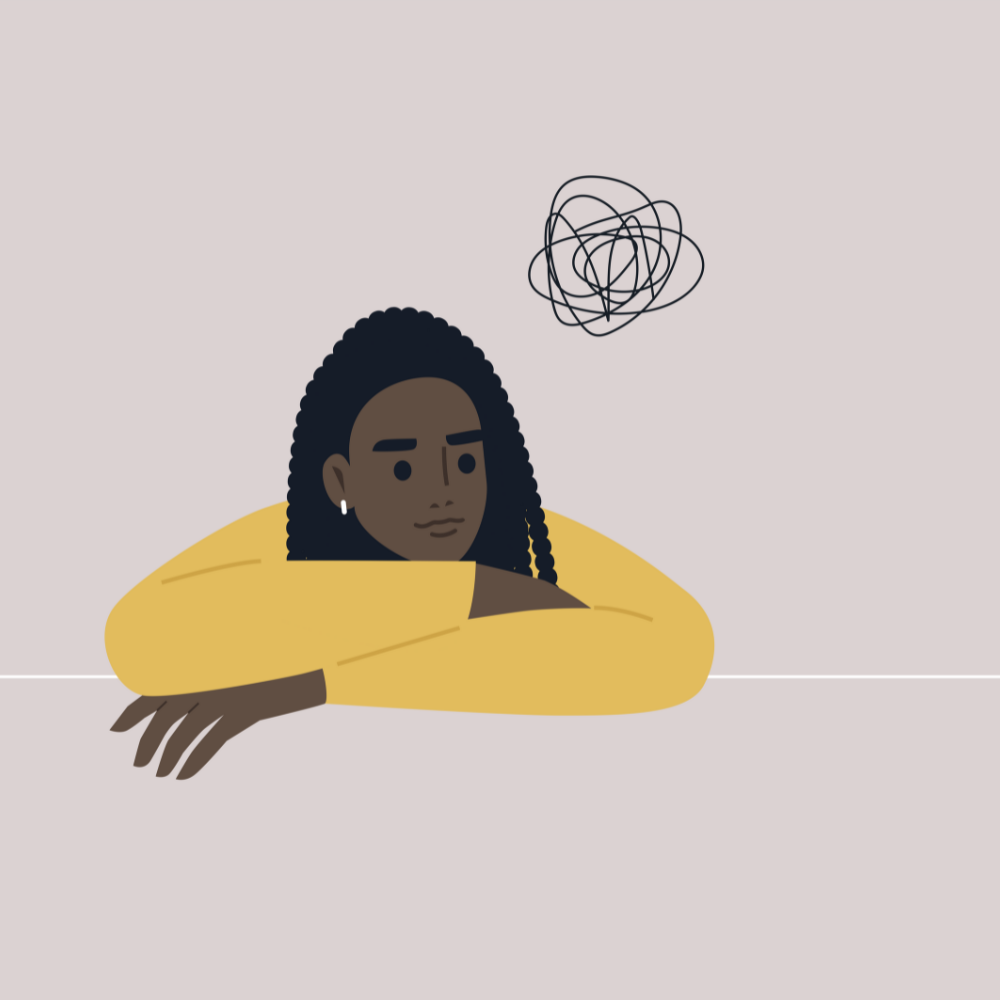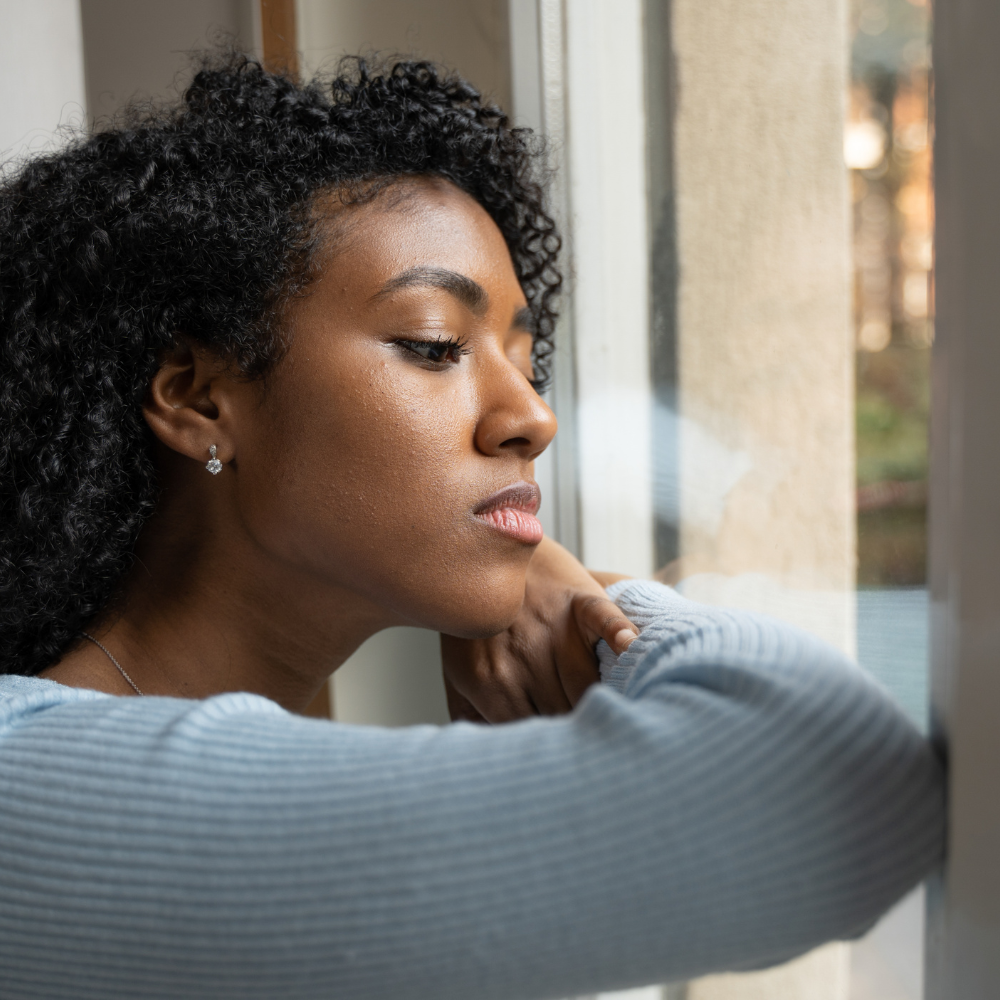
A creative writer with a voracious appetite for fashion, beauty,…
C
oping with difficult situations or events can be challenging for anyone, and it’s normal to take some time to adjust to the changes that come with it. It could be a major life event, like the death of a loved one, divorce, or job loss. It could also be something less significant, like moving into a new town or resuming a new job. Adjusting to these changes can take time and effort, but most people can adapt over time and resume their normal routines. However, when someone finds it difficult to fit in and adjust after an extended period, they may be experiencing an adjustment disorder.
What is adjustment disorder?

“Stress response syndrome” or “situational depression” are alternative names that may be used to refer to this disorder. This is a mental health condition that occurs when an individual has difficulty coping with a significant change or stressor. It can affect anyone, regardless of age, gender, or background, and can manifest in several symptoms, including anxiety, depression, mood swings, and behavioral changes.
Symptoms

Below are some of the symptoms of adjustment disorder:
- Feeling sad or hopeless: You may feel down or hopeless about a situation. You may also have trouble finding pleasure in activities you previously enjoyed.
- Anxiety and worry: Excessive worry, nervousness, and anxiety are common symptoms of adjustment disorder. You may also have physical symptoms like headaches, stomachaches, or heart palpitations.
- Trouble sleeping: Insomnia often shows up amid mental illnesses, and is also the case for adjustment disorder. You may have trouble falling asleep or staying asleep, or you’re waking up too early. There’s also the case of feeling fatigued during the day.
- Difficulty concentrating: Having trouble concentrating or making decisions is common in cases like this. Also, you may feel like your mind is going blank.
- Changes in behavior: If you start exhibiting changes in your behavior, such as avoiding people or familiar activities, it could be a sign of adjustment disorder. You may also have angry outbursts or engage in risky behaviors.
- Physical symptoms: The mind and body are intertwined, and often, physical signs show up to confirm some mental issues. You may experience physical symptoms like muscle tension, trembling, or sweating.
What are the causes and risk factors?
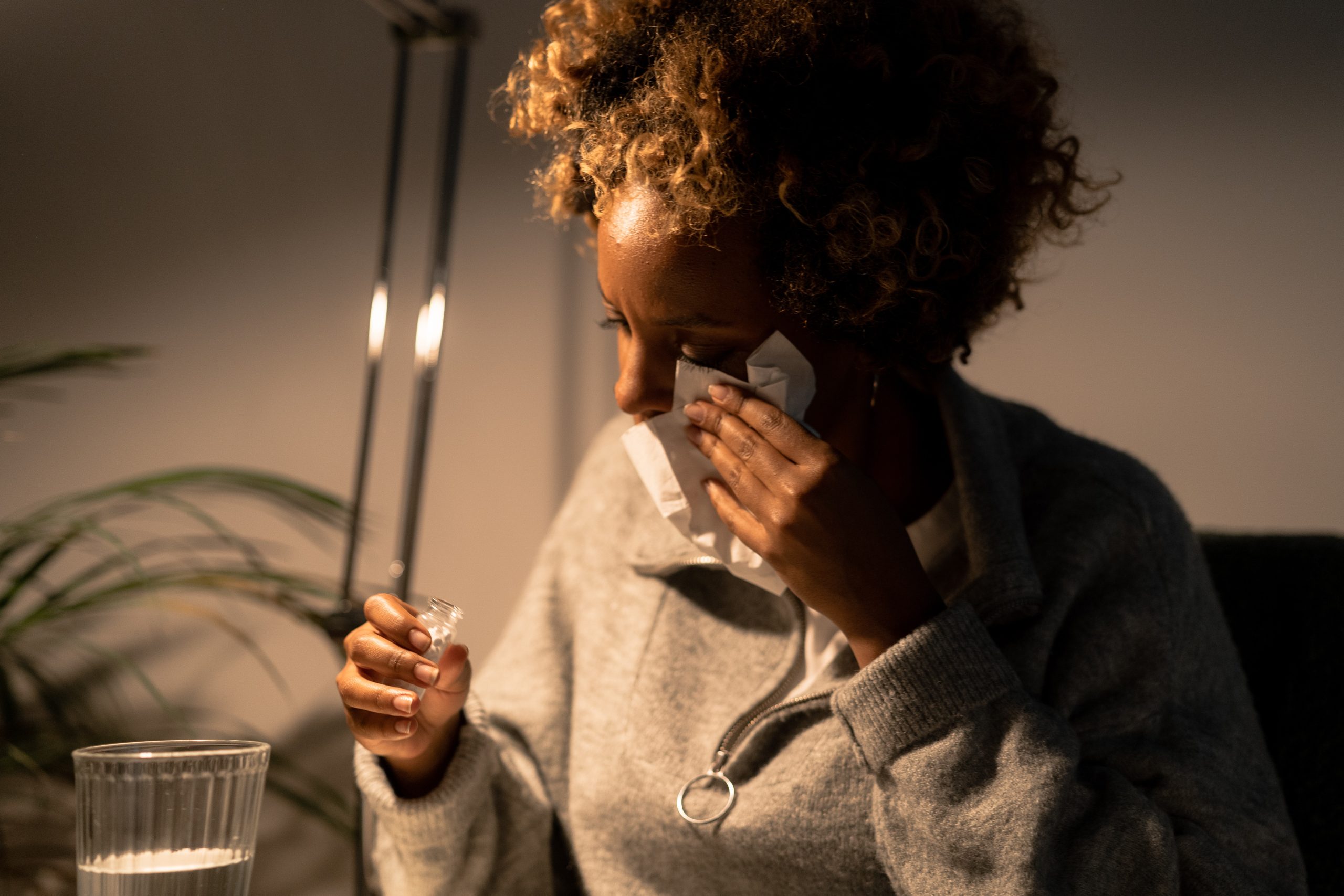
- Relationship problems: A breakup, divorce, or other changes in an important relationship, like the death of a loved one.
- Major life changes: Starting a new job, moving to a new city, or experiencing a financial or health crisis.
- Trauma: Experiencing or witnessing a traumatic event, such as a natural disaster, car accident, or assault.
- Chronic stress: Ongoing stressors, like caregiving for a sick family member or working in a high-stress job.
- Cultural factors: Adjusting to a new culture, language, or social environment.
Several other risk factors can increase an individual’s likelihood of developing adjustment disorder. These include:
- A history of mental illness: These could include issues like depression or anxiety.
- Lack of social support: Individuals who lack a support system or have limited social connections may be more vulnerable to the effects of stress.
- Personality traits: Tendency to worry or avoid new situations may be more likely to experience this disorder.
- Lack of coping skills: Persons who lack effective coping skills tend to rely on unhealthy coping mechanisms, like drugs or alcohol.
Also, it’s important to note that everyone reacts differently to stress, and not everyone who experiences a stressful life event will develop adjustment disorder. However, if you or someone you know is experiencing these symptoms, seek professional help to manage symptoms and improve coping skills.
How to cope with adjustment disorder

Coping can be challenging, but several strategies can help manage symptoms and improve well-being. Here are some ways to cope.
- Seek professional help: A mental health specialist can help diagnose and treat this disorder. Treatment may involve therapy, medication, or a combination of both.
- Focus on yourself: Start by acknowledging a problem, then release the high expectations you have of yourself. Strive to know your triggers and take conscious care of your mind and body. Be deliberate about your lifestyle and love yourself enough to try a different positive approach toward healing.
- Build a support system: Having a support system can help you feel less isolated and can provide emotional support. This could include friends, family members, or a support group.
- Practice relaxation techniques: Calming activities like deep breathing, meditation, or yoga can help reduce stress and promote peace.
- Avoid unhealthy coping mechanisms: Toxic coping mechanisms like drugs or alcohol can worsen the situation and cause further problems.
- Develop coping skills: Healthy coping mechanisms, including problem-solving or mindfulness, can be developed to reduce stress and enhance general well-being.
- Take a break: Stress is a major adult problem. It’s easy to work yourself into a mental issue that simply resting can solve. Taking a break or stepping back from stressful situations can help reduce overwhelming feelings and provide an opportunity to recharge.
Featured image: tommaso79/iStock
Medical Disclaimer
All content found on the StyleRave.com website, including text, images, audio, video, and other formats is created for informational purposes only. The content is not intended to be a substitute for professional medical advice, diagnosis, or treatment. If you think you may have a medical emergency, please call your doctor, go to the nearest hospital, or call 911 immediately depending on your condition.
For the latest in fashion, lifestyle, and culture, follow us on Instagram @StyleRave_
This is a Style Rave original content exclusively created for our readers. If reproduced, distributed, transmitted, cached, or otherwise used by any other publishing house or blogs, such use should provide a direct link to this source article. Use of and/or registration on any portion of this site constitutes acceptance of our Terms & Conditions and Privacy Policy.
—Read also
A creative writer with a voracious appetite for fashion, beauty, lifestyle and culture. As one who's passionate about the advancement of the woman, creating content that inspire smart style and living, and positive lifestyle changes is a calling I take seriously. At Style Rave, we aim to inspire our readers by providing engaging content to not just entertain but to inform and empower you as you ASPIRE to become more stylish, live smarter and be healthier. Follow us on Instagram @StyleRave_ ♥




